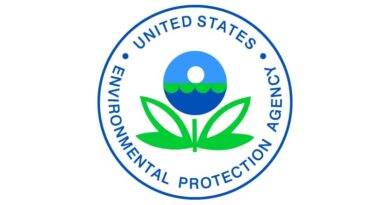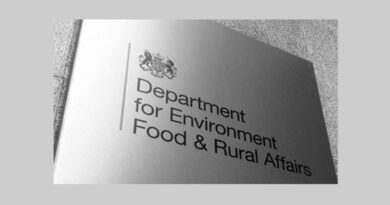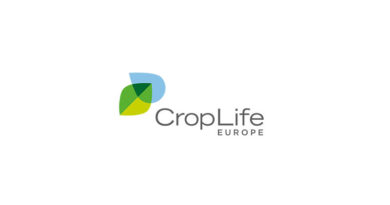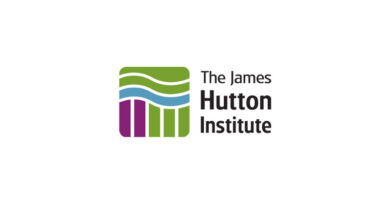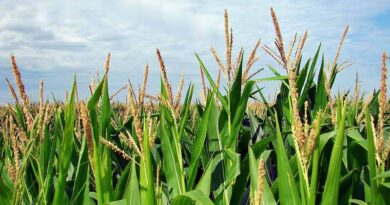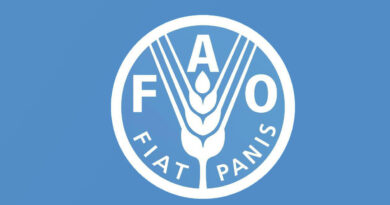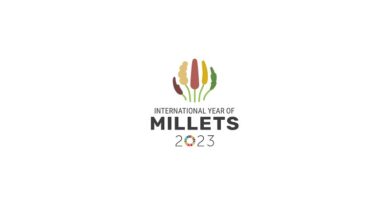British Farmers and growers to be given continued access to crucial plant protection products
25 October 2023, UK: British farmers and growers will continue to have access to important pesticides to support resilient and profitable food production and cut input costs, the government has announced today.
Following feedback from farmers and industry, these plans will ensure farmers and growers can continue to buy and use seeds treated with EU-approved pesticides, and more cost-effective pesticides identical to those authorised in Great Britain can continue being imported.
The plans will not only provide certainty to farmers so they know which treated seeds and plant protection products they can use in coming growing seasons, but will also help improve the availability and reduce the cost of pesticides.
These treated seeds are important for both the arable and horticulture sectors and are particularly important for maize – a crop that is crucial for dairy farmers and in energy production.
The government shared these plans with Parliament yesterday which, once agreed, will come into force by the end of the year. This means there will be no break in the existing treated seed schemes (currently due to expire on 31 December), so that farmers can buy and use treated seeds ready for next growing season.
These measures will provide the agricultural industry and farming communities with valuable time to adapt, whilst also ensuring that we continue to support our farmers to put affordable and high-quality food on our tables.
Farming Minister Mark Spencer said:
The government recognises the challenges faced by farmers and growers in importing treated seeds and more cost-effective pesticide products from the EU as the transition period concludes.
Ensuring that British farmers and growers have access to the tools they need to produce food sustainably and affordably is a priority. The measures announced today will address the potential impacts and concerns raised by our valued farming sector.
Under current timelines, farmers and growers were set to lose access to these products at the end of this year. However, the temporary measures will enable farmers and growers in Great Britain to:
- Continue using seeds treated with plant protection products authorised for use in the EU for an additional 3.5 years, extending up to 1 July 2027.
- Reinstate trade permits for the import of PPPs that are identical to those authorised in Great Britain for a maximum of two years.
Continuing to give farmers access to these products will help to improve their availability and reduce costs, while providing certainty for the sector over the coming years.
In the long term, this change will ensure manufacturers have time to submit full applications for GB authorisations for seed treatments in order to ensure that they can continue to benefit from the UK market. They have heard from farmers and understand the demand – the regulator will continue working with industry to support them in submitting successful applications.
We are also encouraging farmers to develop and adapt their practices, including through integrated pest management approaches, which can increase resilience by diversifying crop protection techniques. We are already supporting farmers to increase their use of integrated pest management – including through new paid actions such as the Sustainable Farming Incentive scheme’s integrated pest management Standard which includes payments to carry out an assessment and produce an integrated pest management plan.
The bureaucratic Common Agricultural Policy disproportionately rewarded the largest landowners and held back smaller farmers, while delivering little for food productivity or the environment.
The government will continue to make improvements to our Environmental Land Management schemes to ensure they work best for farmers, such as bringing forward early payments in a way which would not have been possible under the Common Agricultural Policy.
The 2023 offer has been expanded and made more flexible in response to farmer feedback with over 23 paid-for actions now on offer including improving hedgerows, nutrient management, farmland wildlife and low input grassland. Other improvements mean that farmers can choose what combination of actions are right for them – unlike previously where actions were grouped into standards.
Also Read: Innovative Label Design: Revolutionizing Agrochemical Packaging in India
(For Latest Agriculture News & Updates, follow Krishak Jagat on Google News)



